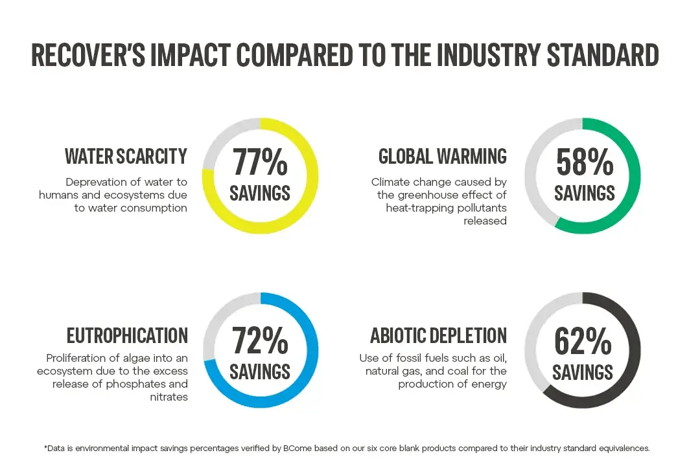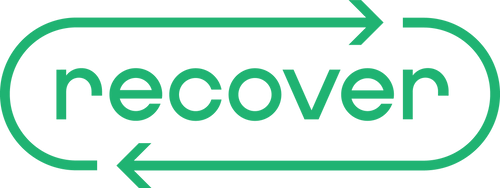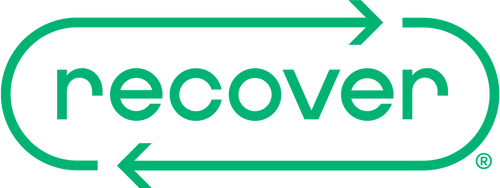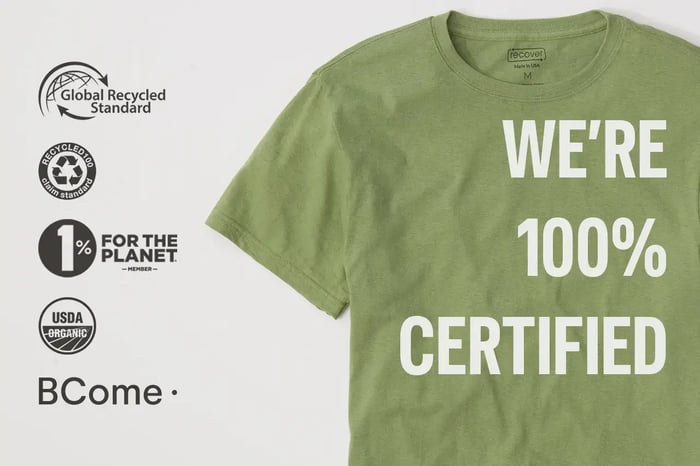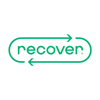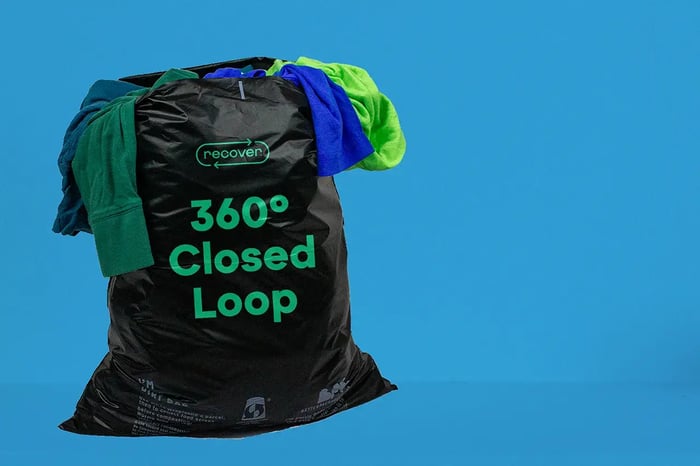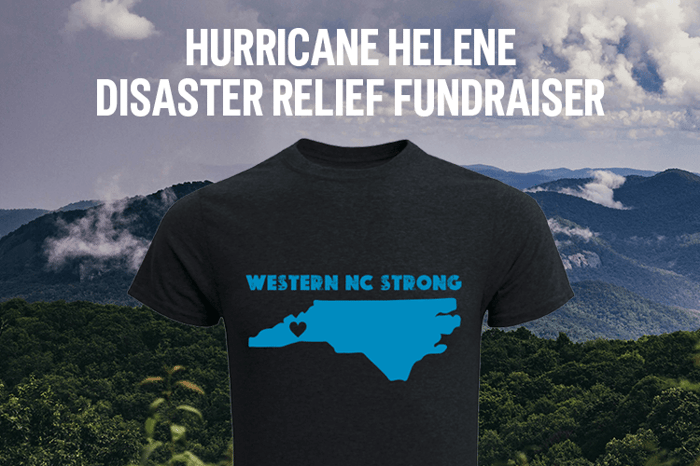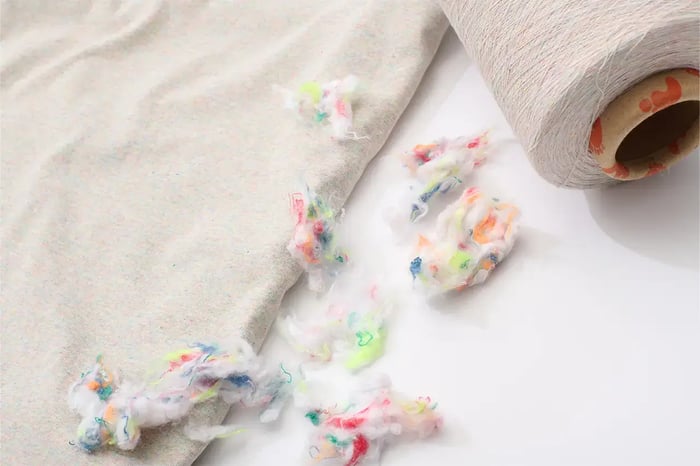Certifications are a great way to ensure a brand’s commitment to sustainability, but with the amount that exists in the marketplace, understanding all of them can get confusing. With this quick read, we hope to clarify our certifications, commitments, and environmental impact data.
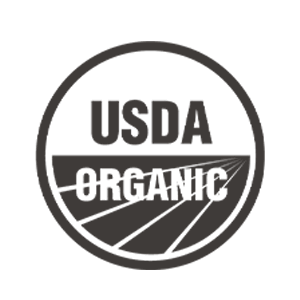
Certification: USDA Organic
Organization: United States Department of Agriculture
This certification requires that a United States Department of Agriculture-accredited certifying agent has verified that the product has at least 95% certified organic content. The USDA organic crop production standards also require that:
Land must have had no prohibited substances applied to it for at least 3 years before the harvest of an organic crop.
Soil fertility and crop nutrients must be managed through tillage and cultivation practices, crop rotations, and cover crops, supplemented with animal and crop waste materials and allowed synthetic materials.
Organic seeds and other planting stock must be used when available.
The use of genetic engineering, ionizing radiation, and sewage sludge is prohibited.
At Recover, we utilize USDA-certified 100% organic cotton for all products in our Organic Collection.
But what about the Global Organic Textile Standard…
GOTS does not certify adherence to U.S. organic standards- it ensures its own global standards. Additionally, there have been instances when textile products have been incorrectly certified with GOTS.
Unlike GOTS, the USDA Organic certification ensures that the cotton is grown in accordance with strict US federal production and processing standards.
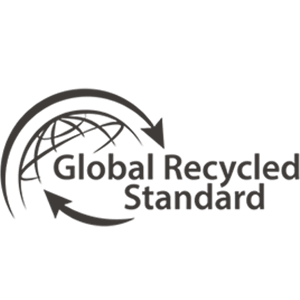
Certification: Global Recycled Standard
Organization: Textile Exchange
This certification requires that a professional, third-party certification organization audits every stage in the supply chain to ensure that materials are verified to meet the ISO definition of “recycled”- both pre-consumer and post-consumer material is accepted*. The GRS requires that a product contains a minimum of 50% recycled content. More specifically, blending and mixing of materials is allowed.* Additionally, production sites must meet the social and environmental requirements listed below.
Forced, bonded, indentured, prison, and illegal child labor is prohibited
Workers freedom to join or form trade unions and workers’ associations without discrimination and penalization
Respect equal opportunities in terms of recruitment, compensation, access to training, promotion, termination or retirement
Provide safe and clean conditions in all work and residential facilities and shall establish and follow a clear set of procedures regulating occupational health and safety.
Compensate their workers by providing wages, overtime pay, benefits and paid leave which respectively meet or exceed legal minimum and/or industry benchmark standards and/or collective agreements, whichever is higher
Respect that the standard allowable working hours in a week are 48, excluding overtime. Overtime shall be voluntary, shall not exceed 12 hours per week and shall not be requested on a regular basis.
Meet all legal requirements related to water use, energy use, waste management, and emissions as well as set and meet targets for meaningful improvements and review progress annually.
Ensure that wastewater receives proper treatment, either on or off-site, to meet minimum requirements before entering the water stream
Chemicals used in the production of GRS products shall not introduce unnecessary harm to the environment or workers.
No on-site waste burning or uncontrolled waste landfilling may be undertaken.
At Recover, products in our Classic, Eco, Fleece, Sport and Sport Elite Collections are made with only GRS-certified materials.
*Some definitions that may help!
- Pre-consumer (also referred to as post-industrial) recycled content is material that comes from a manufacturer's waste
- Post-consumer recycled content is material that comes from a consumer's waste
- Blending is when a single yarn contains multiple fibers (Ex. Cotton and Polyester being spun together to make yarn)
- Mixing is when multiple different yarns are used to make a textile (Ex. Cotton yarn and Polyester yarn being woven together to make fabric)
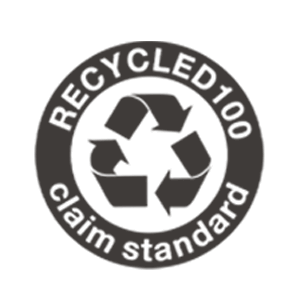
Certification: Recycled Claim Standard - 100
Organization: Textile Exchange
This certification requires that a professional, third-party certification organization audits every stage in the supply chain to ensure that materials are verified to meet the ISO definition of “recycled”- both pre-consumer and post-consumer material is accepted. The RCS-100 requires that a product contains a minimum of 95% recycled content. More specifically, blending of materials is allowed but mixing is not allowed.
At Recover, all of our 100% recycled content products with the GRS certification (Our Eco, Fleece, Sport, Sport Elite, and Classic Collections) are also RCS-100 certified.
But what about the Blended Recycled Claim Standard…
The RCS-Blended standard, although also enforced by Textile Exchange, only requires a minimum of 5% recycled content, whereas the RCS-100 requires a minimum of 95%. Recover uses the RCS-100 certification because we use 100% recycled content!
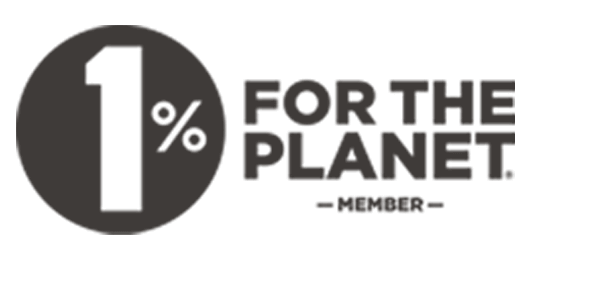
Commitment: 1% For the Planet
To be a 1% For the Planet member, a business must commit to donating at least 1% of annual sales directly to one or more approved environmental organizations. Businesses must submit donation receipts and revenue documentation to certify as a 1% for the Planet member.
At Recover, we joined 1% For The Planet in 2017 and have since given over $161K through the organization to environmental non-profits across the country. But giving back has been part of our brand DNA since we were founded in 2010. Notably, before we joined 1% For The Planet, we had already donated over $100K to our great community of give-back partners. Our total lifetime environmental giving is over $250,000! Read more about our longstanding giving to Mother Earth HERE.
Verification: 3rd Data Provider
Organization: BCome
Our environmental impact data was provided by BCome, a platform for global sustainability management and part of the Ellen MacArthur Foundation community. As a 3rd party, and following ISO standards, they conduct credible Cradle to Gate Life Cycle Assessments for companies in the apparel and textile industry.
Below are our environmental impact savings percentages based on our six core blank products (Eco Tee, Classic Tee, Organic Tee, Sport Tee, Sport Elite Tee, and Fleece Hoodie).
